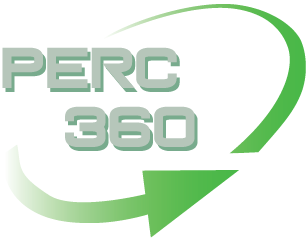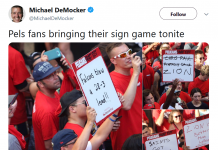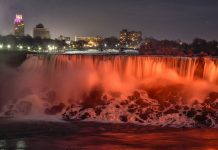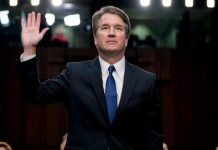College athletics: Beautiful stadiums, millions of fans, and big time revenue. Coaches get paid millions, schools are constantly upgrading facilities, and athletes get…well, college athletes don’t get paid, and they are starting to challenge the principle that prevents this.
College athletes are unpaid because the NCAA adheres to the principle that athletes are amateurs and in school for an education, not sports. Amateurism, according to the NCAA website, is “crucial to preserving an academic environment in which acquiring a quality education is the first priority.” Amateurism does not allow athletes to have professional contracts, receive benefits from sponsorships and receive benefits from or retain any
agent, among other restrictions.
About 8 years ago, Ed O’Bannon filed a lawsuit in federal court saying that the NCAA use of men’s football and basketball player’s likeness violated antitrust laws. About two years ago, an appeals court confirmed a lower courts ruling in favor of O’Bannon: that this was an anticompetitive conspiracy used to deny NCAA players compensation for their use of name or likeness. However, the remedies for players were left unclear. About a year
ago, the Supreme Court declined the review.
A more recent case, Jenkins v NCAA alleges the following: the amount of financial aid being given by schools is a “horizontal agreement among competitors to cap the amount of remuneration…despite how much money those athletes may generation for their institutions…” This policy, the plaintiffs allege, would be an unreasonable restraint of trade which violates antitrust laws.
NCAA rules state that “[a] student-athlete shall not be eligible to participate in intercollegiate athletics if he or she receives financial aid that exceeds the value of the cost of attendance.” The Plaintiffs allege that NCAA schools conspire to cap the value of these athletic scholarships to only cover tuition/fees, room/board, and books. The Plaintiffs propose that the schools should compete in a setting more akin to a free-market so that the schools compete to the benefit of the players. This case is currently being litigated in the US Court of Appeals for the Ninth Circuit.
The challenges to the NCAA amateurism model are coming in greater numbers, and changes may be looming. Stay Tuned.

















